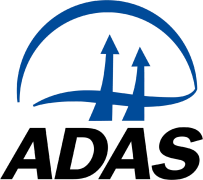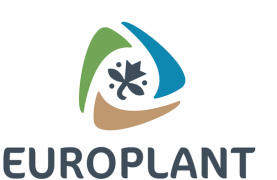Accurate forecasting of agricultural product prices is vital for management and policy, yet it remains difficult because market signals are volatile, non-stationary, and noisy. We present a robust feature-augmented hybrid framework (RFA-HFF) that combines robust temporal representation learning with an ensemble prediction stage to improve accuracy and stability. The encoder ingests both raw sequences and their first-order differences to capture local shocks and latent seasonal structure. A Huber-based regularisation stabilises feature learning under abrupt disturbances, reducing the influence of outliers while preserving sensitivity to subtle variations. The learned representations are then mapped to prices by a non-parametric ensemble regressor, which supplies flexible decision boundaries and mitigates overfitting. Experiments on multi-province potato price data across one-, two-, and four-step horizons show that RFA-HFF consistently surpasses widely used deep learning baselines. At the one-step horizon, it attains the lowest error, reducing the strongest baseline’s mean absolute error by about 61%. At the four-step horizon, it maintains an advantage of roughly 8 to 9% while preserving stable performance as the horizon grows. Additional analyses indicate that robust feature regularisation mainly benefits short-horizon forecasts where anomalies dominate, whereas the ensemble regressor contributes most to medium and longer horizons by curbing error propagation. RFA-HFF advances a practical hybrid paradigm that unites robust feature learning with ensemble prediction. The approach is transferable to other economic and resource management settings where resilience to outliers and distributional shifts is essential.
Full publication URL














